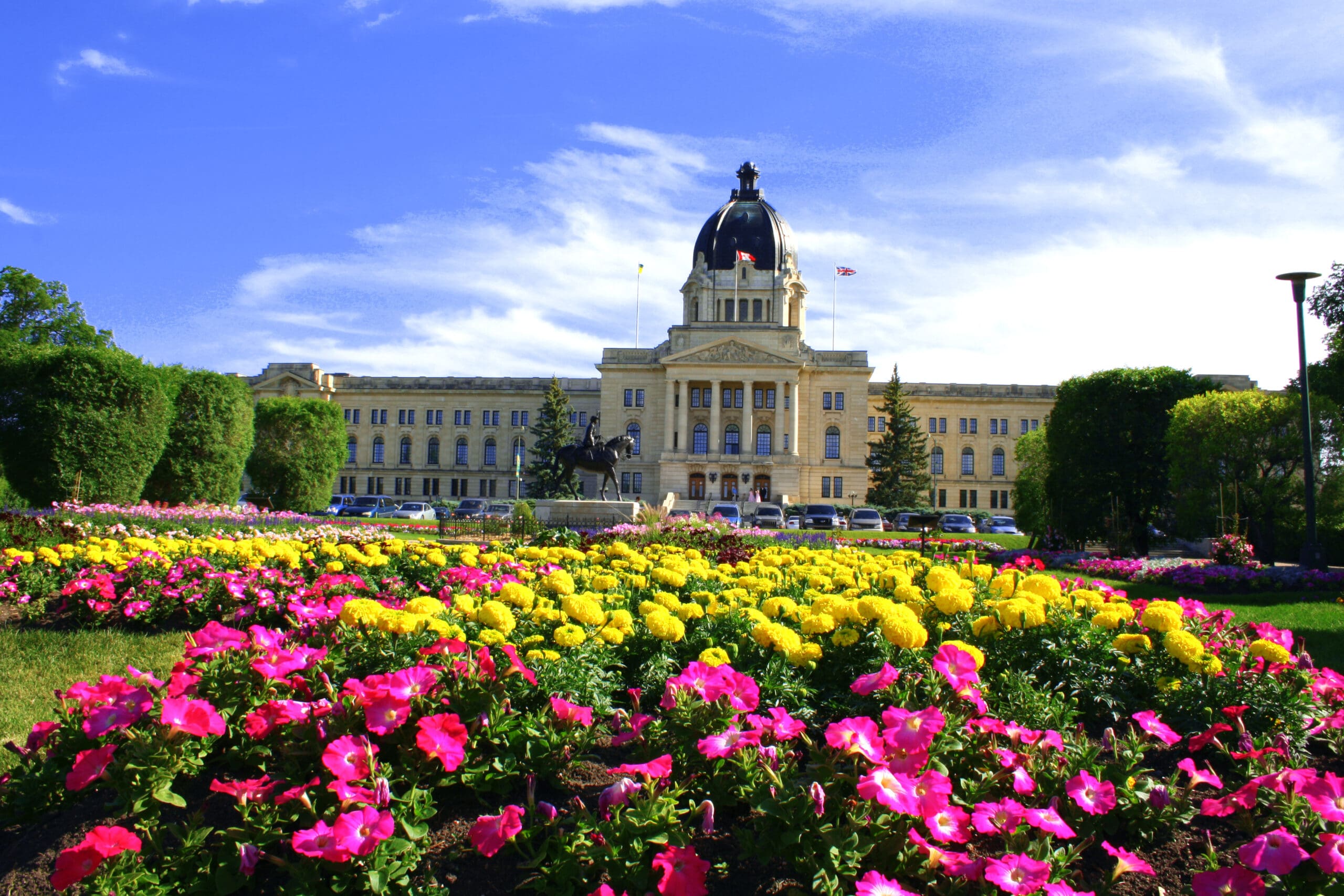Our content is fiercely open source and we never paywall our website. The support of our community makes this possible.
Make a donation of $35 or more and receive The Monitor magazine for one full year and a donation receipt for the full amount of your gift.
There have been valid criticisms of the Saskatchewan government’s budget.
Certainly the lack of additional support and protections for workers in this budget reflects the government’s long-standing neglect of frontline workers during this pandemic.
News that the government also refused to fund Prairie Harm Reduction, despite internal evidence demonstrating that such sites save lives, adds more credence to accusations that the government doesn’t take the opioid crisis seriously enough.
While the government has failed to provide —as it so often has—what we often need right now in this crisis, we can at least take solace in the fact that it didn’t make choices in yesterday’s budget that would have further hobbled our ability to respond by enacting sweeping austerity measures.
This is the best news coming out of the budget: it could have been worse.
Given this government’s record, and the size of the current deficit, one could be forgiven for assuming the budget would be riddled spending cuts.
And the deficit is big: a record $2.6 billion deficit for this year, with subsequent deficits expected every year until 2025. This is the case for governments across Canada, a legacy of the global pandemic. We are coming to view deficits within a broader context: public health and safety.
And the deficit is big: a record $2.6 billion deficit for this year, with subsequent deficits expected every year until 2025. This is the case for governments across Canada, a legacy of the global pandemic. We are coming to view deficits within a broader context: public health and safety.
It has not always been this way. We have been conditioned to expect that the need for greater public spending during times of crisis would be accompanied by a cavalcade of calls for austerity, as politicians, pundits and business lobbyists bemoan the recklessness of living beyond our means.
Just think back to 2017, when a $685 million deficit was considered so threatening that the government of Brad Wall decided the province required a “transformational change” that included shifting the tax burden from corporations to individuals, the fire sale of the Saskatchewan Transportation Company, and a slew of cuts to social services in order to “get back to balance” as soon as possible.
There appears to be no similar urgency this time around. That should be seen as a victory for all who fought this government’s penchant for cuts at every turn.
Austerity—at least for now—appears to have very little legitimacy, even among the Saskatchewan Party. The money that our governments, federally and provincially, are spending to counteract the impacts of COVID-19 is vital to our collective public health and to our ability to bounce back economically once we’re past this rough stage of the pandemic.
While we may quibble with the details—and the accuracy of the government’s fiscal projections—the Saskatchewan government appears to have no appetite to enact and defend the types of cuts it made in 2017. Maybe those tropes are dead? Or maybe the pandemic is making the obvious impossible to completely ignore.
The Saskatchewan government appears to have no appetite to enact and defend the types of cuts it made in 2017. Maybe those tropes are dead? Or maybe the pandemic is making the obvious impossible to completely ignore.
Indeed, conservative politicians have often taken any opportunity to swing the debt/deficit stick to justify public spending cuts and more ‘competitive’ [read: lower] taxes. Brian Mulroney, Mike Harris and Ralph Klein all used a version of deficit/debt hysteria to frighten the electorate into accepting deeply unpopular cuts.
However, talk of debt and deficits now appears to invoke little of the fear that it conjured in the past. If anything, it is the reluctance of governments to spend that now worries former deficit hawks like the IMF and the OECD as they urge governments to make the investments necessary to ensure recovery.
Even the usual deficit scolds, like the Canadian Taxpayers Federation, are keeping their powder dry for the time being—perhaps recognizing the unprecedented nature of the current situation.
No doubt all of these voices expect that once “we return to normal” the public fear of debt and deficits will also return, and the ability to resurrect austerity with it.
But will that “normal” return? Will that old debt and deficit stick, once so successfully wielded to stave off public investments and more progressive taxes, still be as powerful post-pandemic, as we continue to need a publicly led recovery?
Will citizens be satisfied to return to the levels of unpreparedness and underinvestment in our public health systems that the pandemic exposed?
Will we be satisfied to return to workplaces with inadequate health and safety protections?
Will we be satisfied to return our loved ones to sub-standard long-term care and our children to under-funded schools?
Will we be satisfied to remain as unprepared for climate change as we were for COVID-19?
Let us hope we are turning a very important corner—that our experience of the pandemic forces us to reckon with how we collectively protect one another for the inevitable crises of the future.
The Saskatchewan government may believe that it is being strategic by putting off austerity for a later date. Certainly Minister Harpauer’s comments that no new taxes will be required to return to balance suggests that it will be cuts to spending, rather than new revenue, that will do the majority of deficit-fighting in the future.
But the government may also find that post-pandemic, the big, bad deficit stick doesn’t look nearly as frightening to the public as an under-resourced, under-staffed and under-funded public sector.


